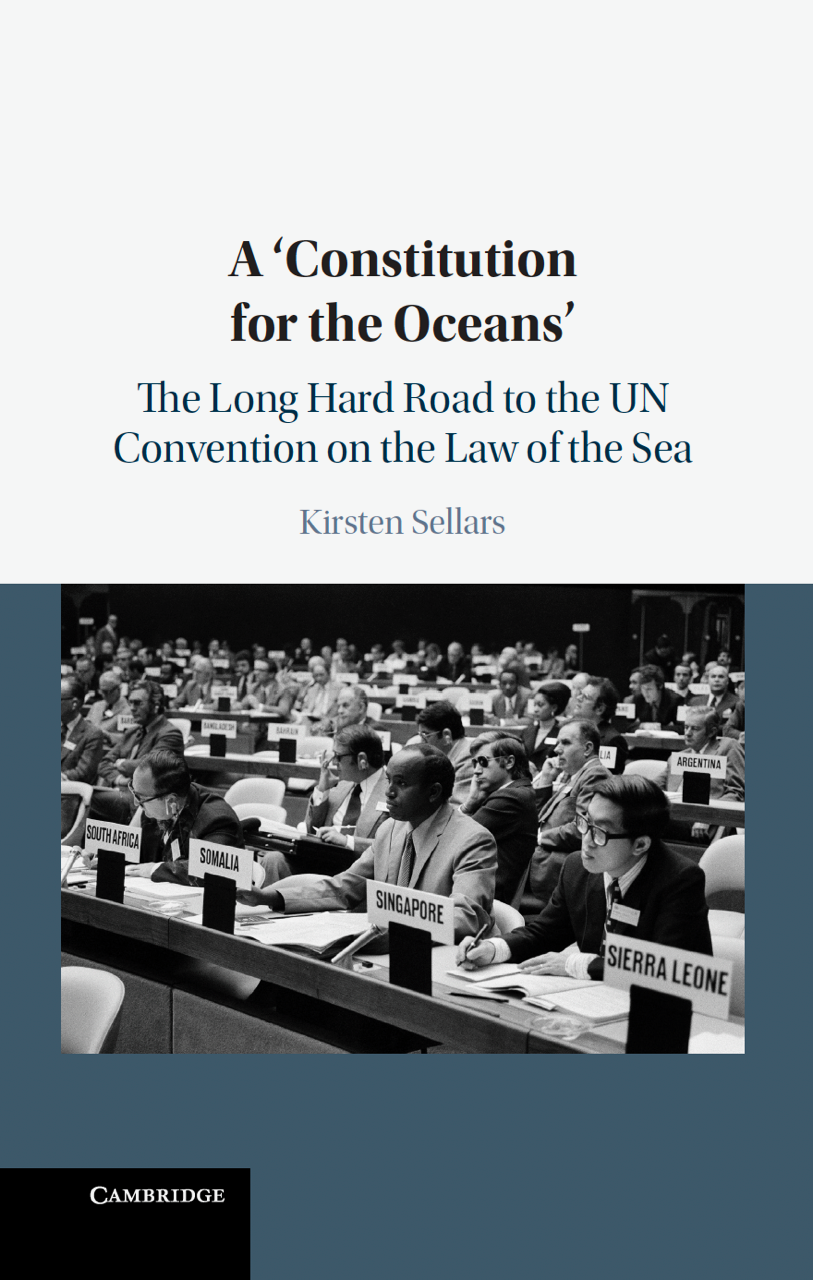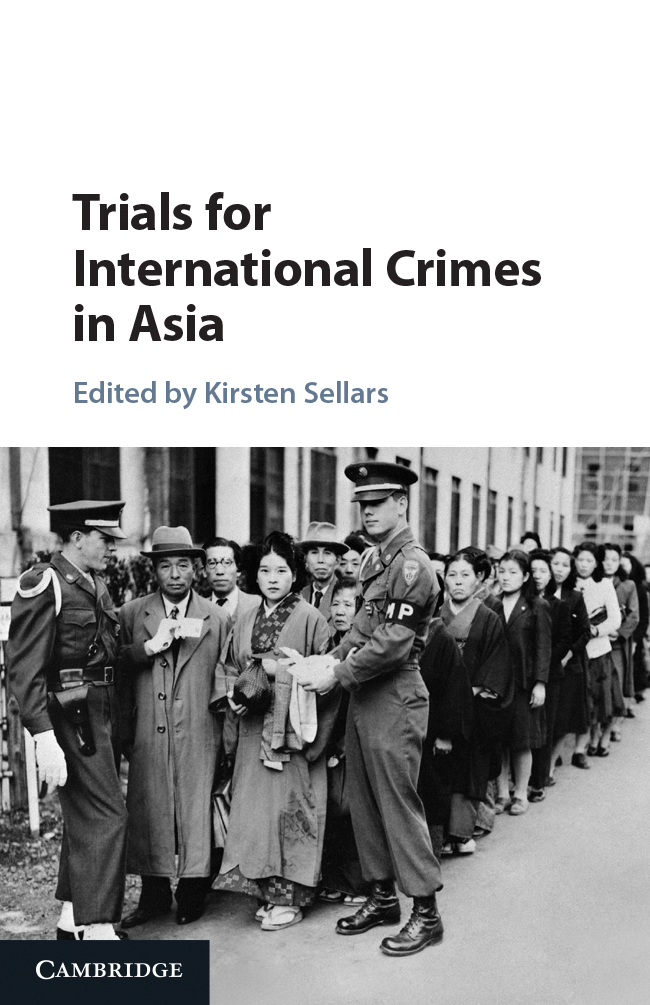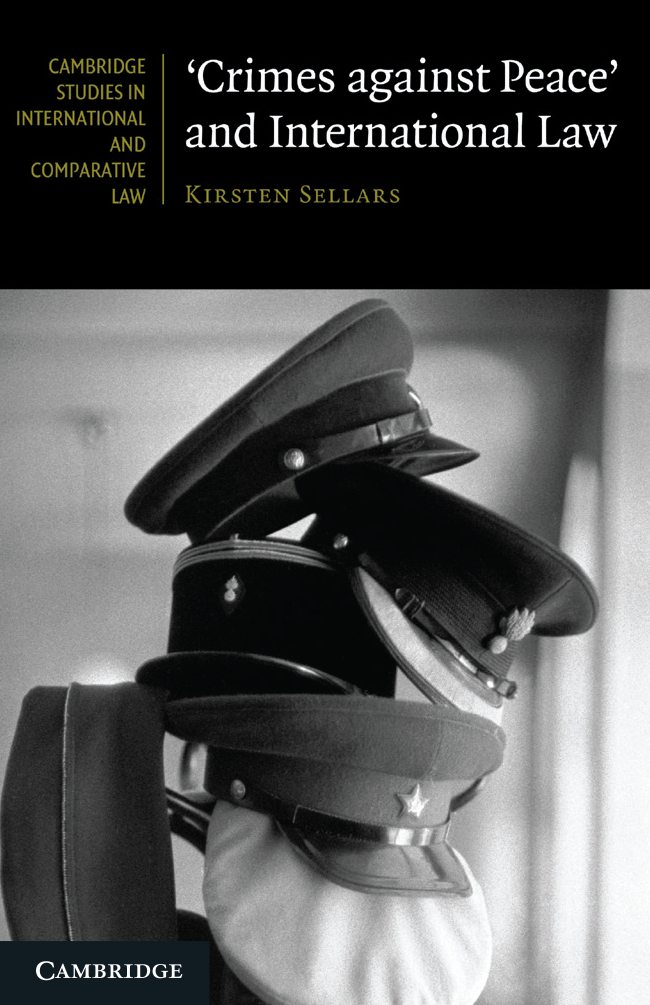
OUT NOW
A ‘Constitution for the Oceans’
The Long Hard Road to the UN Convention on the Law of the Sea
Kirsten Sellars
Cambridge University Press, 2025
The UN Convention on the Law of the Sea, signed in 1982, was the culmination of half a century of legal endeavour. Earlier attempts to create a treaty regime governing the oceans – at League of Nations and United Nations conferences held in 1930, 1958 and 1960 – had all failed to settle the breadth of the territorial sea, and in two cases failed to settle anything at all. During the negotiations, legal concepts were formulated and reformulated: straight baselines inspired archipelagic baselines; fishing conservation zones became exclusive economic zones; innocent passage throughstraits metamorphosed into transit passage through straits; and seabed common heritage was replaced by the parallel system of seabed exploitation. Many of the issues that animated the delegates during the negotiations – ocean pollution, overfishing, naval mobility, continental shelf claims and the impact of seabed mining – continue to exercise policymakers and lawyers to this day.

Trials for International Crimes in Asia
Edited by Kirsten Sellars
Cambridge University Press, 2015
The issue of international crimes is highly topical in Asia, with still- resonant claims against the Japanese for war crimes, and deep schisms resulting from crimes in Bangladesh, Cambodia and East Timor. Over the years, the region has hosted a succession of tribunals, from Manila, Singapore and Tokyo after the Asia-Pacific War to those currently at work in Dhaka and Phnom Penh. This book draws on extensive new research and offers the first comprehensive legal appraisal of the Asian trials. As well as the famous tribunals, it also considers lesser-known examples, such as the Dutch and Soviet trials of the Japanese, the Cambodian trial of the Khmer Rouge, and the Indonesians’ trials of their own military personnel. It focuses on their approach to the elements of international crimes, and contribution to general theories of liability. In the process, the book challenges some of the prevailing orthodoxies about the development of international criminal law.
Contributors: Rehan Abeyratne, Mark Cammack, Cheah Wui Ling, Simon Chesterman, Robert Cryer, Tara H. Gutman, M. Rafiqul Islam, Neha Jain, Bing Bing Jia, Nina H.B. Jørgensen, Osawa Takeshi, Valentyna Polunina, Abdur Razzaq, Lisette Schouten and Kirsten Sellars.

‘Crimes against Peace’ and International Law
Kirsten Sellars
Cambridge Studies in International and Comparative Law, Cambridge University Press, 2015
In 1946, the judges at the International Military Tribunal at Nuremberg declared ‘crimes against peace’ – the planning, initiation or waging of aggressive wars – to be ‘the supreme international crime’. At the time, the prosecuting powers heralded the charge as being a legal milestone, but it later proved to be an anomaly arising from the unique circumstances of the post-war period. This study traces the idea of criminalising aggression, from its origins after the First World War, through its high-water mark at the post-war tribunals at Nuremberg and Tokyo, to its abandonment during the Cold War. Today, a similar charge – the ‘crime of aggression’ – is being mooted at the International Criminal Court, so the ideas and debates that shaped the original charge of ‘crimes against peace’ assume new significance and offer valuable insights to lawyers, policy-makers and scholars engaged in international law and international relations.



